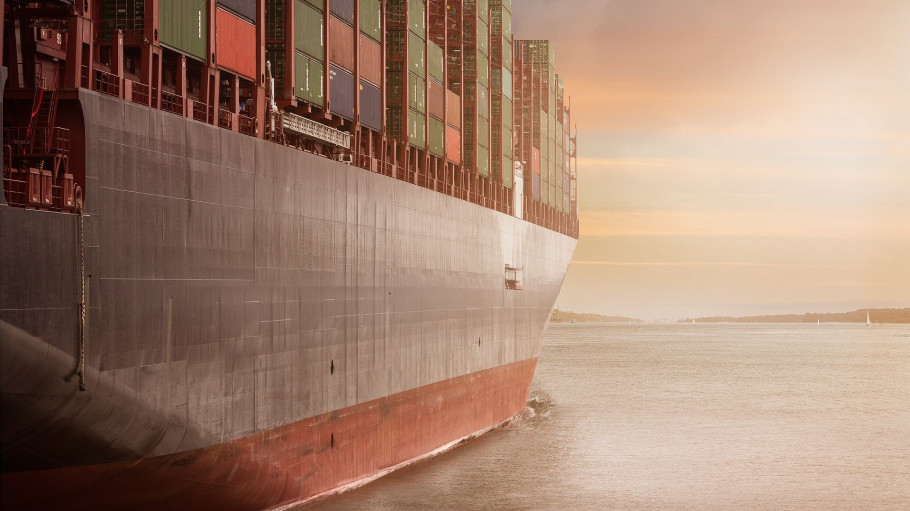

International trade is essential for the European economy, and steel products are among the most intensively traded products in the world. Around a quarter of the 160 million tonnes of steel used in the EU every year is imported - and the EU is also a major steel exporter.
Trade policy issues are of central importance to EUROFER, because free and fair international trade conditions are the basis for the stability of the EU steel market. EUROFER welcomes free trade agreements that open up mutually accessible markets between trade partners and ensures fair access to public procurement tenders.
In particular, EUROFER monitors - on an ongoing basis - trade flows to ensure that imports into the EU are coming on a fair basis and are not dumped, produced using unfair subsidies or circumventing existing trade defence measures.
Brussels, 20 February 2026 – EU steel exports to the United States fell by 30% in the second half of 2025 compared to the same period in 2024, after the imposition of 50% tariffs according to new Eurostat data. The expansion of the U.S. tariff regime to include downstream steel-intensive products, such as machinery and equipment, is expected to amplify its impact on both EU steel producers and their customers. The European Steel Association (EUROFER) said the figures underscore the need for any EU-US trade agreement to be fair, balanced and enforceable.
Brussels, 11 February 2026 - The European Steel Association (EUROFER) has backed a call to action adopted by European companies and industries in Antwerp today, which includes a demand on the EU to take urgent action to bring electricity prices down as a condition for Europe’s industrial drive, competitiveness and economic resilience.
EUROFER wishes to comment and clarify on the concerns expressed in the above-mentioned statement: